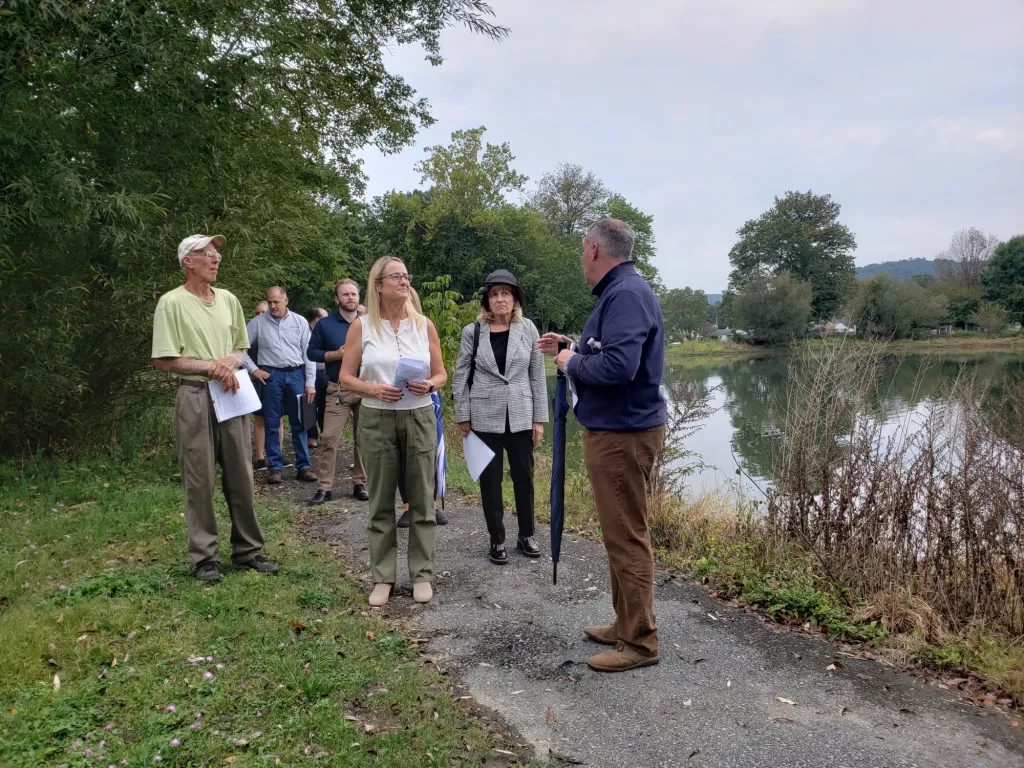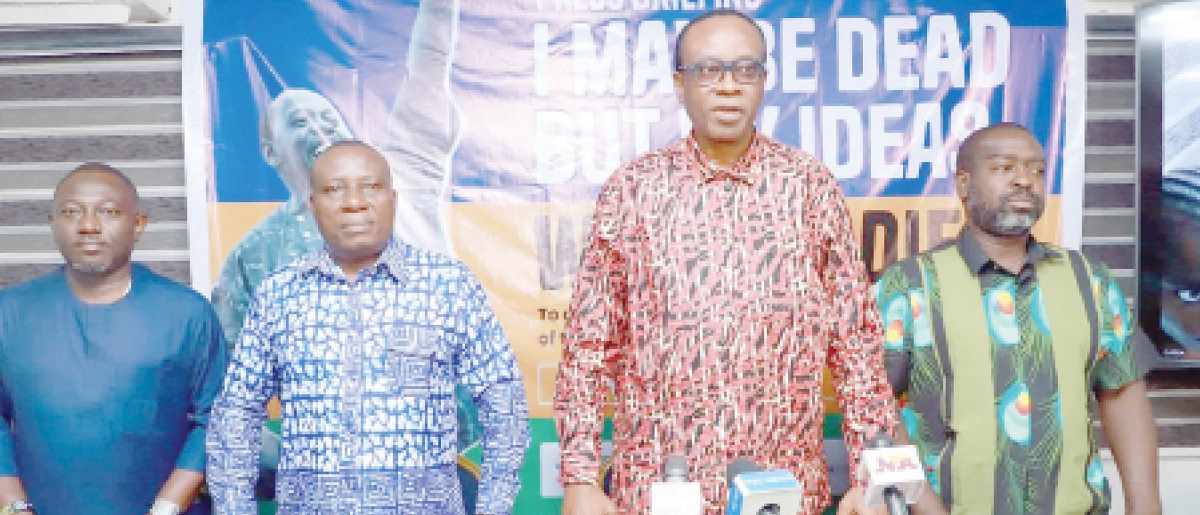
For information on submitting an obituary, please contact Reading Eagle by phone at 610-371-5018, or email at obituaries@readingeagle.com or fax at 610-371-5193.
Most obituaries published in the Reading Eagle are submitted through funeral homes and cremation services, but we will accept submissions from families. Obituaries can be emailed to obituaries@readingeagle.com.
In addition to the text of the obituary, any photographs that you wish to include can be attached to this email. Please put the text of the obituary in a Word document, a Google document or in the body of the email. The Reading Eagle also requires a way to verify the death, so please include either the phone number of the funeral home or cremation service that is in charge of the deceased’s care or a photo of his/her death certificate. We also request that your full name, phone number and address are all included in this email.
All payments by families must be made with a credit card. We will send a proof of the completed obituary before we require payment. The obituary cannot run, however, until we receive payment in full.
Obituaries can be submitted for any future date, but they must be received no later than 3:00 p.m. the day prior to its running for it to be published.
Please call the obituary desk, at 610-371-5018, for information on pricing.
The Mount Penn Borough Municipal Authority’s multiphase effort to restore Crystal Lake in Carsonia Park took another step forward with a recent walking tour aimed at updating state lawmakers and securing their support for the next phases of the project.
Authority Chairman Joseph Boyle and environmental consultant Larry Lloyd led state Sen. Judy Schwank, state Rep. Jacklyn Rusnock, Berks County Economic Development Coordinator Derek Harris and other stakeholders on a walk around the 10-acre lake, which sits at the heart of the 27-acre park in Exeter and Lower Alsace townships.
“This has been a very long process, but we’re seeing real progress,” Boyle told the group as they paused near the shoreline. “Phase one is essentially complete.”
Work to restore the lake began in November, when contractors started removing decades of sediment that had reduced its depth to between 3½ and 5 feet. Stormwater runoff, goose droppings and other pollutants had left the water oxygen-depleted, nitrogen-heavy and prone to algae blooms.
Boyle said the desilting has returned the lake to its natural depth of about 9½ feet, improving water quality and restoring the foundation for fish, plant life and other aquatic species.
The authority expects the first phase to be complete once Flyway Excavating finishes landscaping and seeding low-lying areas later this fall.
That phase was funded in part by a $236,813 grant from Berks County’s share of the federal American Rescue Plan Act, with the balance paid by the authority.
“This is all about source water protection,” Boyle said, noting that wells throughout the park supply drinking water for about 30,000 households in Mount Penn, St. Lawrence, Lower Alsace and part of Exeter.
With the first phase nearly complete, attention is turning to phase two: construction of a wetlands area, upgrades to stormwater systems and repairs to the lake’s spillway, Boyle said. That work is scheduled to begin in spring.
Larry Lloyd, an environmental consultant working with the authority, emphasized the importance of adding natural systems to manage stormwater.
“When you build a wetland here, it will filter out nutrients and slow the flow,” he said. “That’s the kind of investment that will keep this lake healthy for decades.”
The $231,361 cost will be covered in part by a state Department of Environmental Protection Growing Greener grant, authority funds and a pending Small Water grant application filed by Lower Alsace.
Phase three would expand recreational opportunities with a new trail around the lake, a pollinator field, a lake viewing platform, shoreline improvements and an outdoor classroom space for students. Officials hope to launch that phase in 2027 with the help of additional state funding.
Schwank and Rusnock said they were impressed with the progress and pledged to advocate for state resources.
“I can see this being a real gem for the community,” Schwank said as the tour concluded. “This is exactly the type of project that state investment should support.”
Rusnock agreed.
“It’s important not just for recreation but for protecting drinking water and the environment,” she said.
Boyle said having the lawmakers on-site was critical.
“You can’t really understand what’s happening until you walk around and see it,” he said. “We need their help to keep this going.”
For much of the early 20th century, Carsonia Park was a popular amusement park, with roller coasters and rides surrounding the scenic lake. After the amusement park closed in 1950, the land was acquired by the authority and in recent decades the lake fell into decline.
“It was a dead lake,” Boyle said, recalling the summer fish die-offs caused by the poor conditions.
The restoration aims not only at protecting the underground aquifers that supply the region’s drinking water, but also at reviving the lake as a natural and recreational asset. The authority also envisions the site as a destination for fishing, birdwatching, educational programs and community events.
“It will just bring the community together,” Boyle said. “This will become a destination.”



